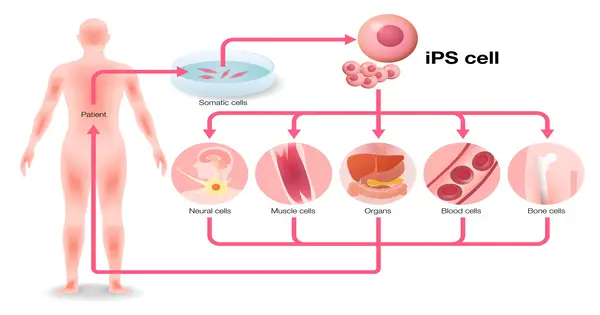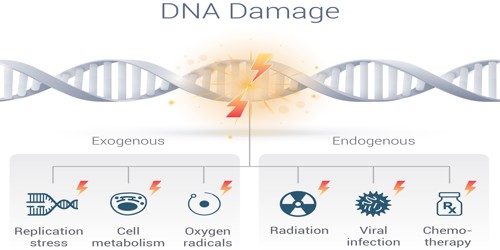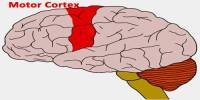Induced stem cells (iSC) are stem cells that have been deliberately reprogrammed from somatic, reproductive, pluripotent, or other cell types. According to their developmental potential and degree of dedifferentiation, they are classified as totipotent (iTC), pluripotent (iPSC), progenitor (multipotent – iMSC, also known as an induced multipotent progenitor cell – iMPC), or unipotent (iUSC). Progenitors, also known as induced somatic stem cells, are obtained through a process known as direct reprogramming or directed differentiation.
Induced pluripotent stem cells have enormous potential for use in regenerative medicine, disease modeling, and drug discovery. They allow for the generation of patient-specific cells for therapeutic purposes while avoiding the ethical concerns associated with embryonic stem cells. iPSCs can be differentiated into a variety of cell types, including neurons, heart cells, and liver cells, making them a valuable tool for studying diseases and developing personalized treatment plans.
Three techniques are widely recognized:
- Transplantation of nuclei taken from somatic cells into an oocyte (egg cell) lacking its own nucleus (removed in lab)
- Fusion of somatic cells with pluripotent stem cells and
- Transformation of somatic cells into stem cells, using the genetic material encoding reprogramming protein factors, recombinant proteins; microRNA, a synthetic, self-replicating polycistronic RNA and low-molecular weight biologically active substances.
Creating iPSCs entails inserting specific genes into adult cells, often via viral vectors. These genes typically encode transcription factors that are important in maintaining the pluripotent state of embryonic stem cells. The introduced genes reprogram the adult cells, resetting their developmental clock and transforming them into pluripotent stem cells.
The advantages of iPSCs include their pluripotency, which means they can give rise to a wide range of cell types, and their ability to be derived from a patient’s own cells. This latter feature is especially important for personalized medicine and the development of patient-specific cell therapies. Because iPSCs can be generated from a patient’s own cells, there is a lower risk of immune rejection when these cells are used for transplantation.
















